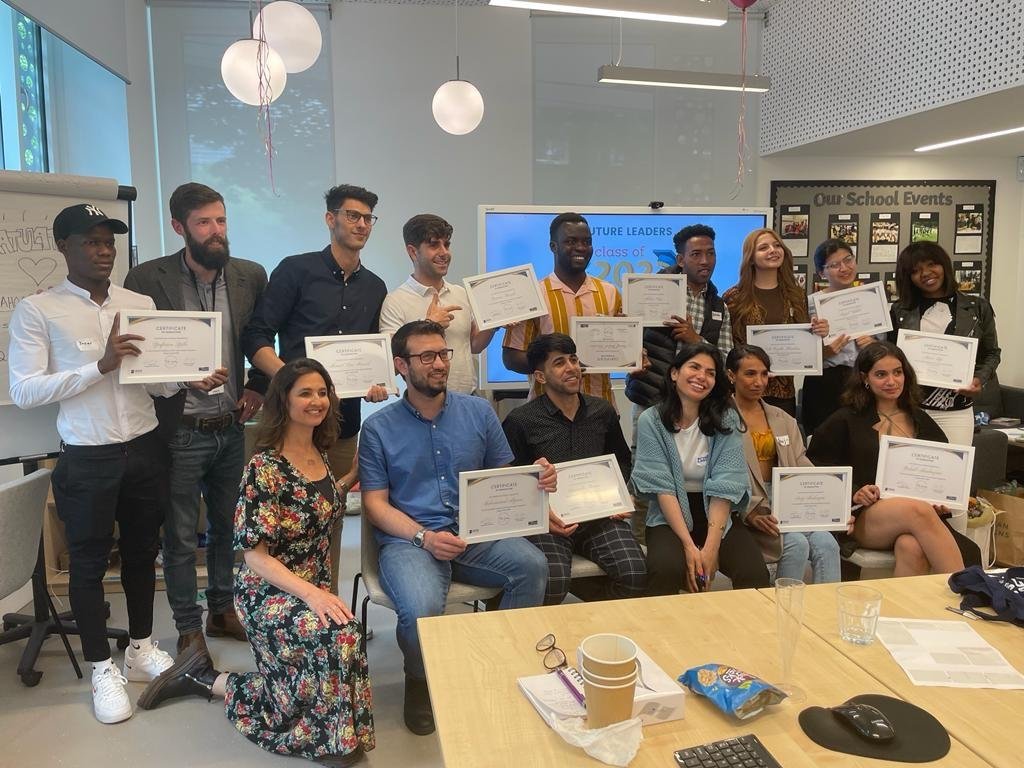One to One Children’s Fund has been dedicated to improving the health, education, and livelihoods of women, children, and vulnerable families in underserved, communities through sustainable community-led solutions since 2001.
We currently focus on the rural Eastern Cape Province of South Africa through One to One Africa, and on young refugees and asylum seekers in the UK through Future Leaders.
THE ONE TO ONE CYCLE OF SAVING LIVES in the rural eastern cape
ENABLING EVERY CHILD TO REACH THEIR POTENTIAL
OUR WORK
ENABLE
Our Mentor Mothers provide in-home healthcare and support that is transforming the lives of vulnerable mothers and babies, and building the foundation for a healthier future for the whole community in Mankosi, South Africa.
BRIGHT START
70% of children who live in HIV-affected households experience developmental delays and cognitive deficit. This project kick-starts cognitive development for vulnerable children in South Africa.
BETTER TOGETHER
AIDS is now the leading cause of adolescent deaths in Africa. This is a project working with teenagers living with HIV as they begin to manage their own treatment and develop new relationships, while still often facing stigma.
FUTURE LEADERS
Leadership programmes for world changers from refugee & asylum seeker backgrounds










